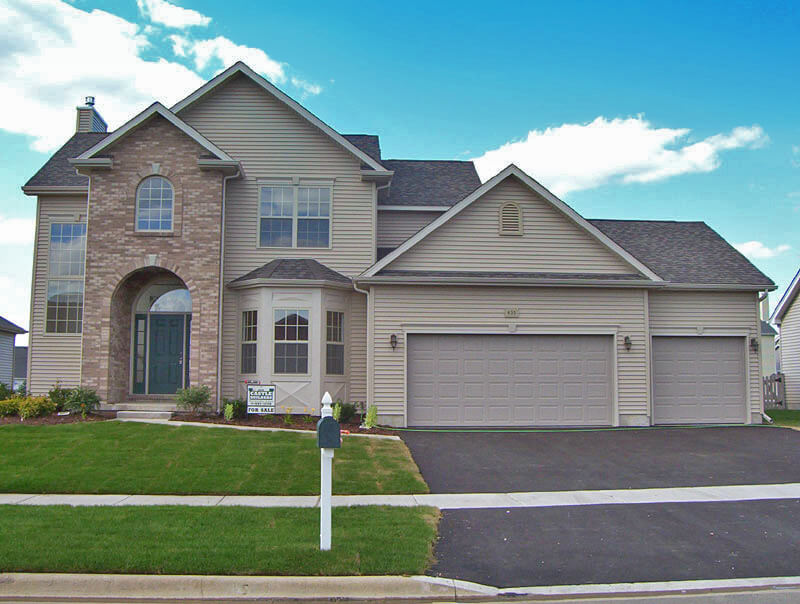You’ve most likely heard that real estate value comes from location, location, and location. But did you know that following closely on the heels of location is curb appeal and efficiency? When you put your home on the market you have just entered a beauty contest. Often, with all things being equal, the home that will sway the judges (homebuyers) is the home that appeals to their sense of beauty, smell, and even efficiency.
Here are 3 simple things you can do to your home to make it a contender and improve home value:
Curb Appeal
Beauty is in the eye of the beholder and for a home, that eye begins at the curb. Take a moment to stand in front of your home. How does it compare to the glossy photos in the top home and garden magazines? While you don’t need to invest a wheelbarrow full of cash on hardscaping and landscaping, take some time with the little things like weeds, flower beds, grass maintenance, mulch, and color. A fresh coat of bright paint on the front doors and shutters, and power-washing the siding and exterior can make a home sparkle for just a few hundred dollars.
A Grand Entrance
Now, with that same home and garden magazine in hand, walk through the front door. Stand for just a moment and breath it all in with your eyes, ears…and your nose. If you have pets or cook with strong spices you may quickly smell the scents of a happy home. However, first impressions are everything so eliminate those smells. You can purchase an ionizer for those challenging areas, keep pet areas clean, and de-stink your kitchen. Boiling 3 tablespoons of white vinegar in a pan filled with 1 cup of water can cut through most cooking odors. Next, listen for loud appliances or any drips or leaks that may draw attention. For a prospective buyer, a leak or dripping faucet triggers thoughts of plumbing problems. Ease their fears and fix that leak now. Older appliances that need maintenance or replacing with newer, more efficient models will also up the value of your home. With rising energy costs, and budget-conscious buyers, knowing they can keep their extra costs at a minimum allows them to feel better about paying top dollar for the home. Now, to the eyes. How does your home rate on the “clutter-scale.” Keeping furniture and personal momentos to a minimum make the rooms appear larger and more welcoming.
Adding or Updating Space
While remodeling or touching up any room can add value, it’s important to understand which updates will give you the most bang for your buck. With all the inspiration found on home improvement shows, Pinterest boards, and magazines, it’s easy to drop thousands of dollars on any room of the house. Most important for a homeowner is to know how long they plan to stay in the house and enjoy those improvements versus what value they will add to the property once they are ready to sell.
Remodeling Magazine recently released their cost vs. value report for 2018. It’s of little surprise that curb appeal and energy efficient upgrades yield a high return. Window replacements can give returns in the 70% range, while new siding can recoup 80% or more of the costs. A new garage door may return 95% of the cost and a new roof about 69%. All of these items add to the curb appeal and the energy efficiency of the home.
Minor kitchen remodels can return about 80% of the costs while a major kitchen remodel may only return 56%-60% of the cost. We see the same sort of pattern for bathrooms. Major bathroom renovations may bring returns in the 55% range while minor, midrange remodels may bring in more than 70% of the return on investment. This means gutting those rooms and/or expanding them will return a lower percentage that perhaps a new coat of paint, upgraded fixtures, and updated countertops and flooring may bring. Another space to look at is your deck. While whole room additions can be costly, requiring permits and contractors, extended a deck to add outdoor space could give you a 65% return on your investment. Many people see having usable, easily maintained space as a plus
Where to Start? Once you have determined how long you plan to stay in the home, plan it out. Establish a budget for any items which are beyond the scope of yearly maintenance. Stick to the budget. This will allow you to shop for and negotiate better pricing because you will always be able to refer back to your pre-determined budget.

